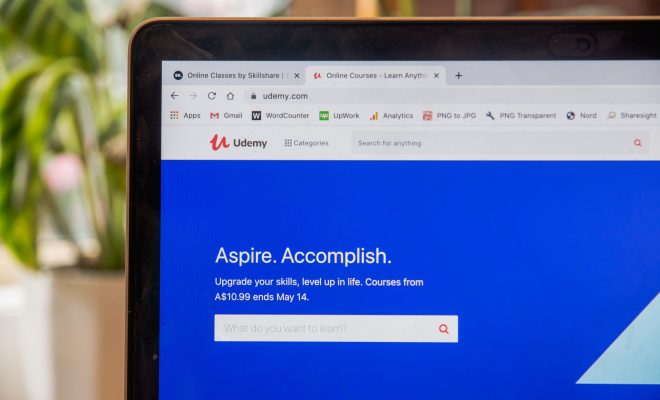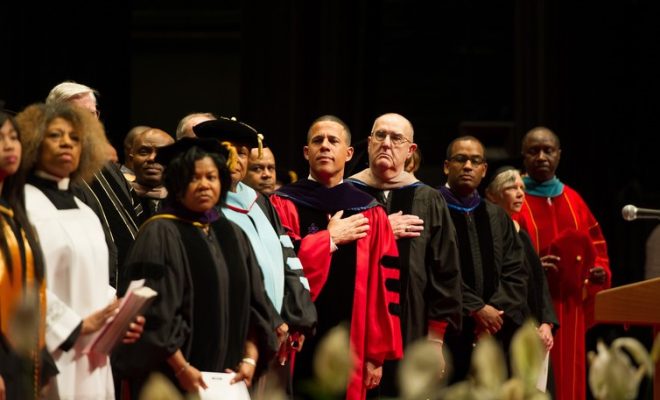The Narrative That Today’s Teachers Oppose Education Reform Needs to Stop

There is a troubling narrative that is circulating concerning teachers and education reform. This narrative asserts that a vast majority of teachers across the U.S. are opposed to education reform. This could not be further from the truth. We welcome well thought out reforms that help us to educate our students better.
When it comes to initiatives like Common Core and Next Generation Science Standards, most teachers don’t oppose them, they just want to see them implemented in a way that supports the teaching and learning process at an optimal level.
Listen, I spent almost a decade as a public-school teacher, and I can personally attest that teachers discuss education reform a lot, and even formulate ideas for how genuine reform can be enacted. However, we were disgusted by changes that were just forced down our throats, by politicians, corporate interests, and education administrators who are out of touch with reality.
For example, we would return from a summer break and learn that reforms had been enacted by the school board and school superintendent without any input from the district’s teachers. 95% of the time, these initiatives failed, even though we tried our best to show fidelity towards the new way of doing things.
When the NCLB (No Child Left Behind) was enacted, we didn’t rebel because we hated the idea of being held accountable, we rebelled because we knew that the law was dangerous and that it would force us to teach to the test to keep our jobs. We hated the fact that the bill went against common sense and set goals that were unattainable.
When Common Core was introduced, many teachers didn’t oppose it simply because it was attached to the Obama Administration. We fought it because as it was initially constructed, it had some glaring flaws that had the potential to harm kids. We saw better than anyone that its issues were beneath the surface, and were indicative of America’s obsession with testing.
Common Core does not take into account that no two students are the same, and will not learn at the same pace or in the same way as other students. When you add in things like individual, environmental, and socioeconomic differences, there is no way that any one curriculum system or set of assessments can work for an entire nation of K-12 learners.
So the next time you hear someone say that teachers are opposed to education reform, make sure you set the record straight.






